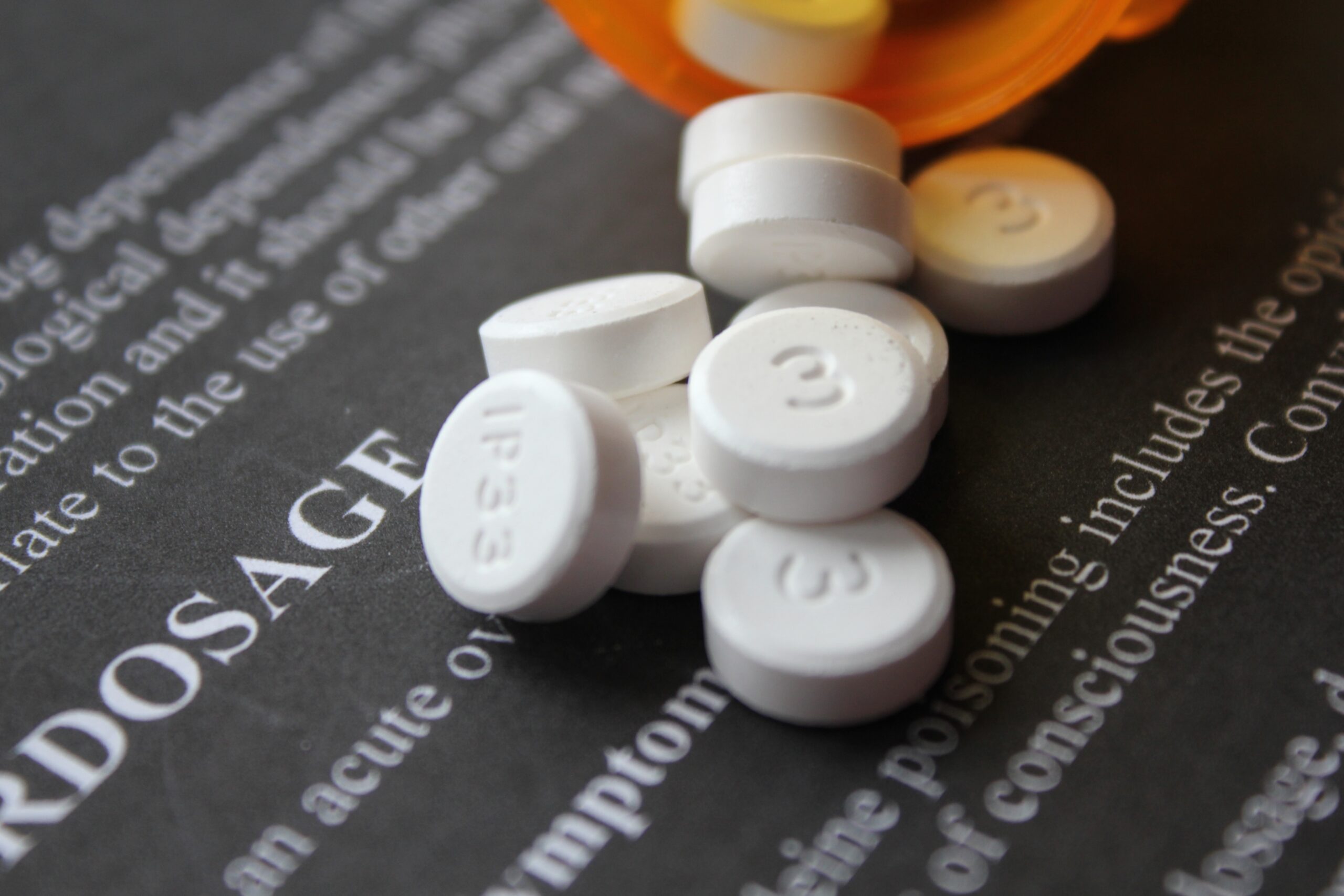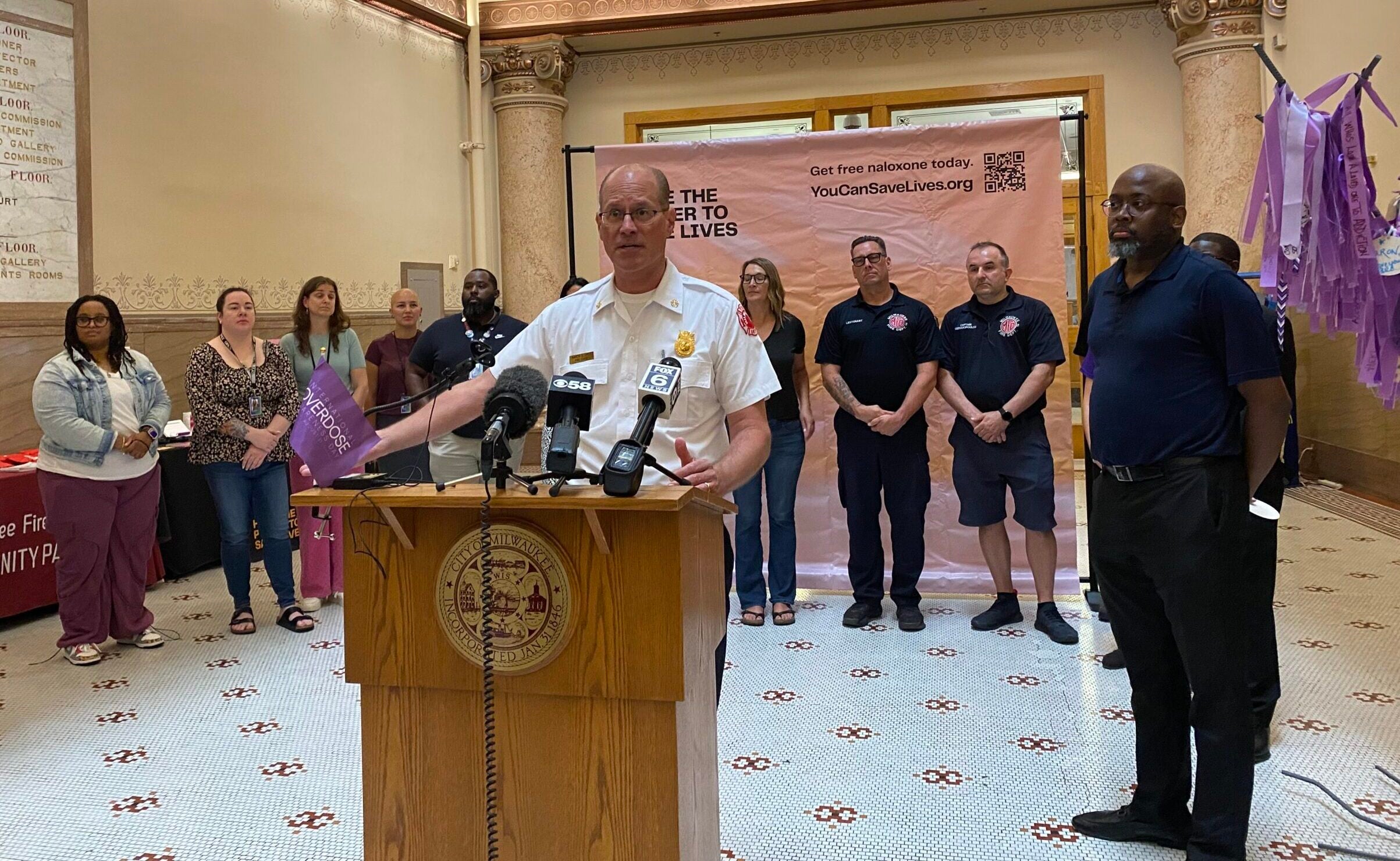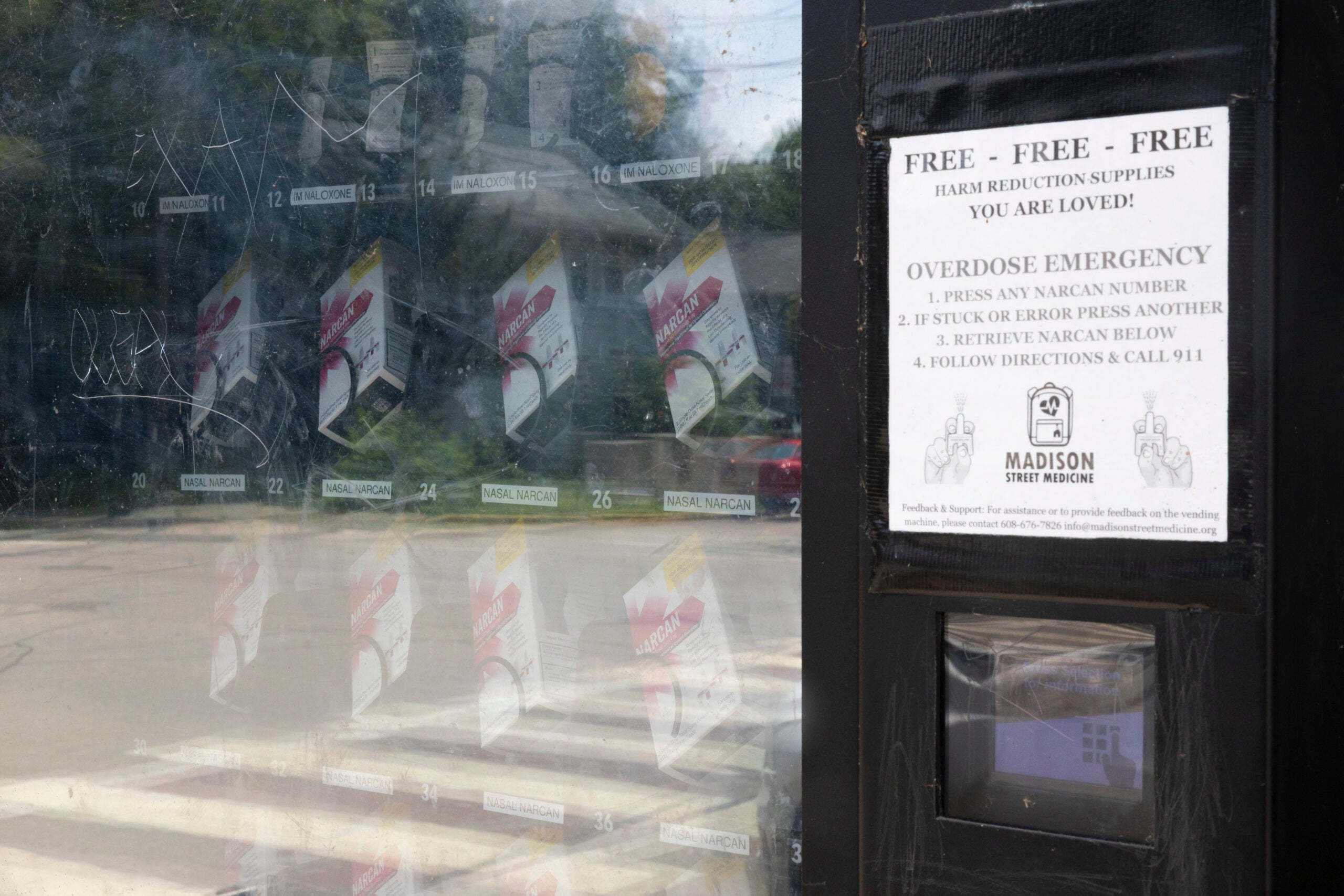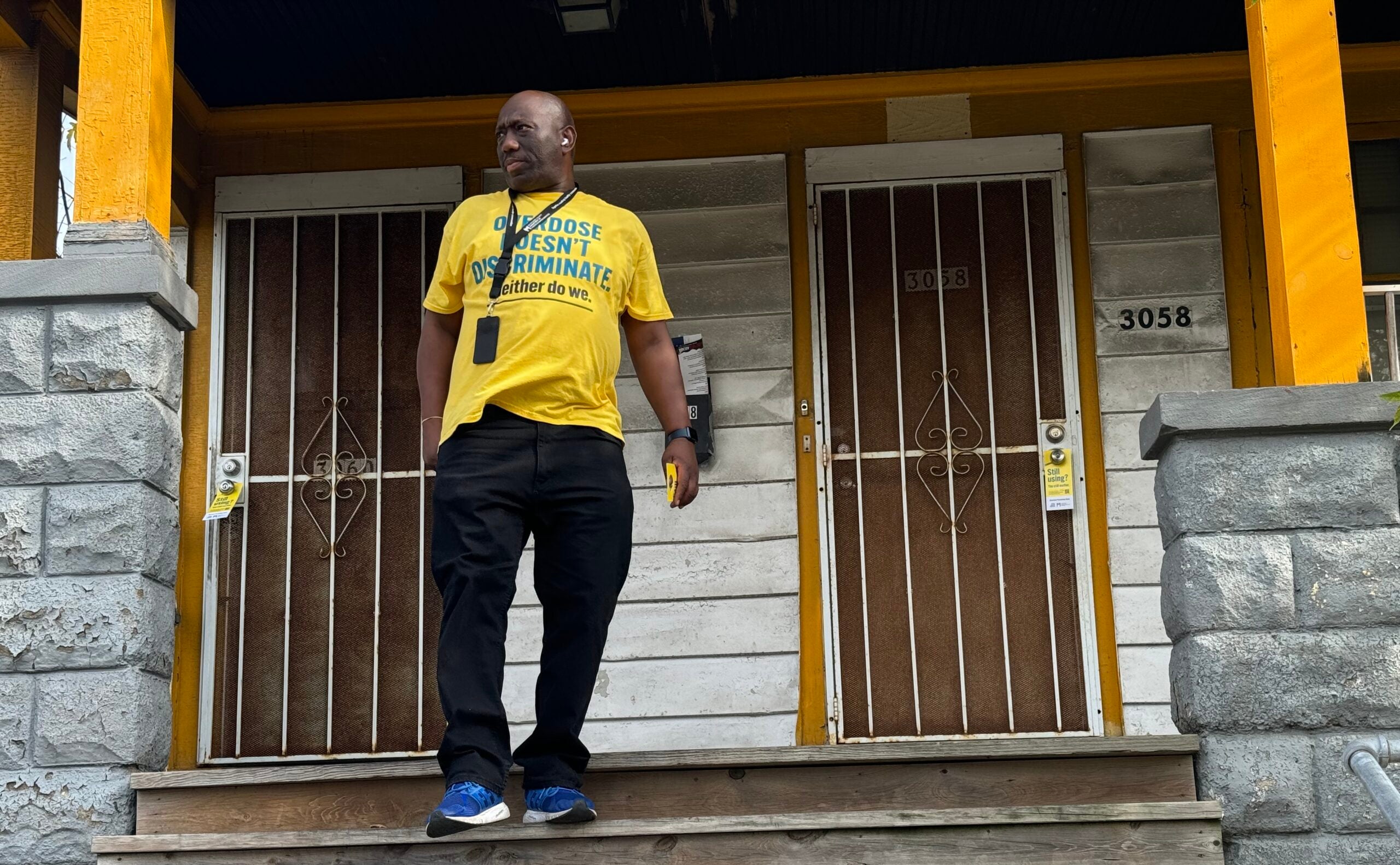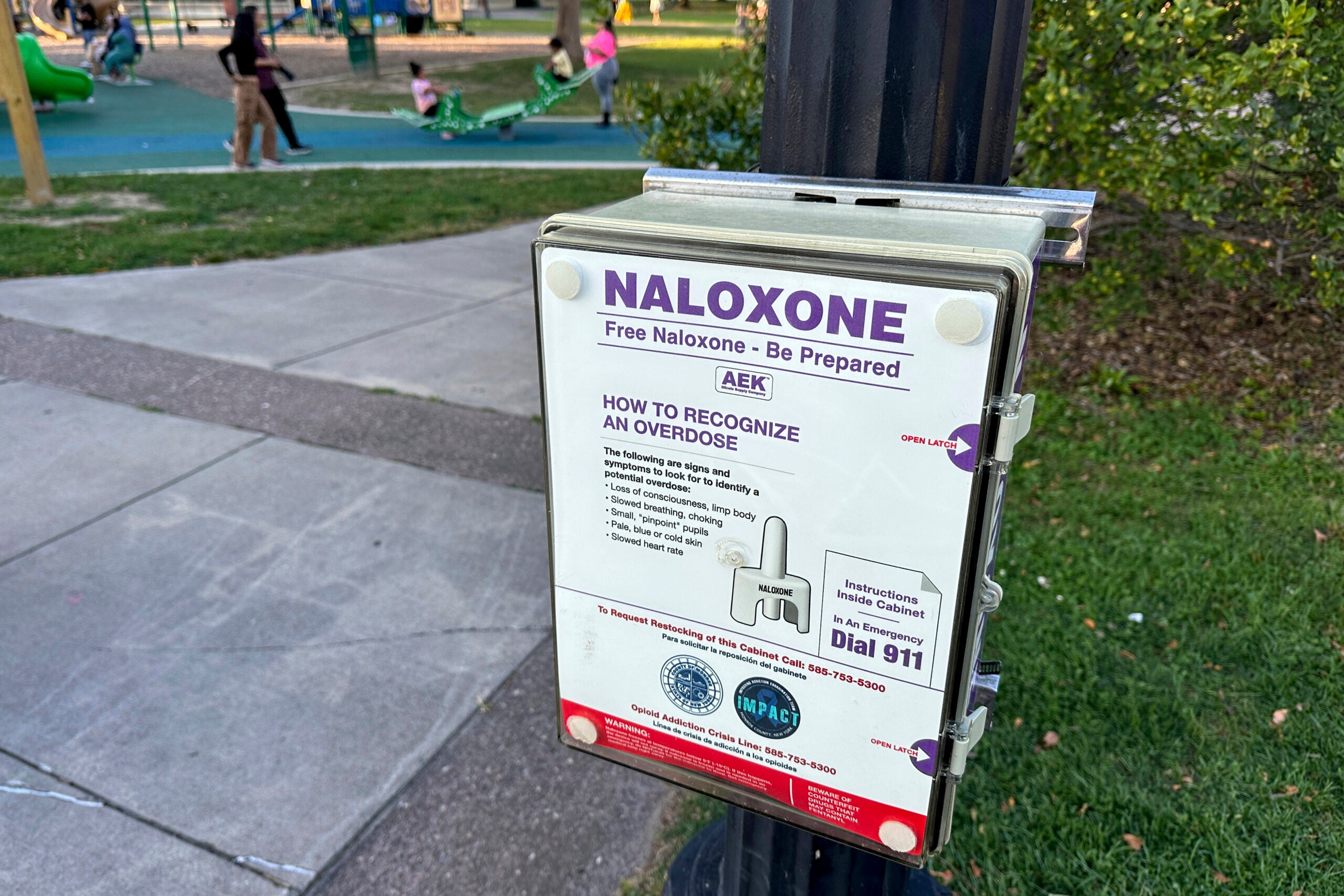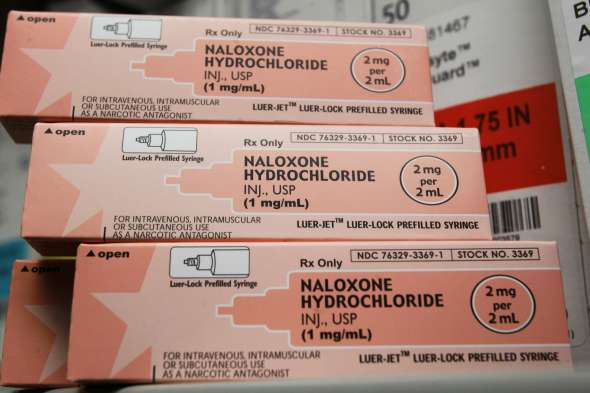Wisconsin needs more places for people addicted to opioids to get treatment, more availability of overdose treatments and a willingness to address the root causes of addiction to address the spike in opioid deaths and the continuing addiction crisis.
Those are among the findings of a new state report that resulted from a series of listening sessions around Wisconsin with substance abuse professionals, people in recovery and family members of those who’ve struggled with addictions. The recommendations that came out of the sessions included a range of interventions, including addressing childhood traumas that can put people at risk for addiction later in life and further expanding access to the overdose treatment naloxone.
Wisconsin is due to receive more than $400 million in funding from the settlement of a large, multistate lawsuit against four pharmaceutical companies whose business practices were alleged to have fueled the opioid addiction crisis. Those companies did not admit wrongdoing in the settlement, which is worth $26 billion in all and designed to help states fund drug treatment programs.
News with a little more humanity
WPR’s “Wisconsin Today” newsletter keeps you connected to the state you love without feeling overwhelmed. No paywall. No agenda. No corporate filter.
The settlement comes as overdose deaths have spiked in Wisconsin and nationally. State data through 2020 show rising deaths from overdoses on opioids and from drug combinations. Some places, including Milwaukee County, saw a record number of drug overdoses in 2021.
In January, the Wisconsin Department of Health Services launched the series of listening sessions to gather input from those affected by the opioid crisis about how to spend its share of the settlement money.
“For me, what was very reaffirming … was that what the department has been investing in over the last five, six, seven years now is what (participants) believe is needed and what they want to see,” Paul Krupski, DHS’s director of opioid initiatives, said after the report was released.
Krupski said before the coronavirus pandemic, deaths by drug overdose had been trending down in Wisconsin — a sign the state’s strategy of expanding treatment and harm reduction options was yielding returns. The stress of the pandemic, though, appears to have driven a national wave of substance abuse, including alcohol-related deaths and opioid overdoses.
“Unfortunately, I think over the last two years what we have seen is a lot of individuals have turned to substance use as a coping mechanism,” Krupski said. “Or, individuals who were already using substances have increased their substance use.”
By state law, 70 percent of the opioid settlement money will go to county and local governments and 30 percent will go to DHS.
“This money is going to transform our response to the opioid epidemic,” state Attorney General Josh Kaul, who was part of the multistate lawsuit, said in a recent interview with Wisconsin Public Radio’s “Central Time.” “My hope is to see those funds go toward long-term investments that can help us ultimately beat this epidemic, including funding things like treatment programs, prevention programs and recovery programs.”
Krupski said in rural areas, the biggest challenge is a lack of providers or staff for such programs. In urban areas, the challenge may be that existing programs are overcapacity. In combination with other funding sources, he said the settlement funds can help bolster those services.
Krupski also said a newly passed law that decriminalizes fentanyl test strips may also help to reduce drug overdoses. The tests can alert people using drugs to the presence of the highly concentrated, potentially deadly opioid that is increasingly present in many street drugs.
According to the DHS report, more than 500 people attended the 12 sessions, and the state received nearly 900 comments in response to a survey it distributed. Among participants in the listening sessions, 71 people identified themselves as having dealt with opioid addictions; 172 people said they were family members or friends of those with a substance use disorder; and 269 were medical providers or other stakeholders.
Wisconsin Public Radio, © Copyright 2026, Board of Regents of the University of Wisconsin System and Wisconsin Educational Communications Board.

